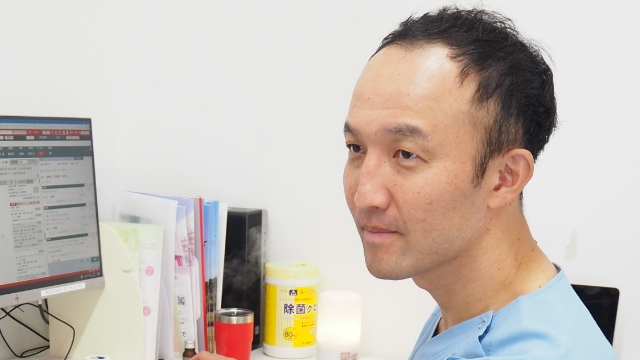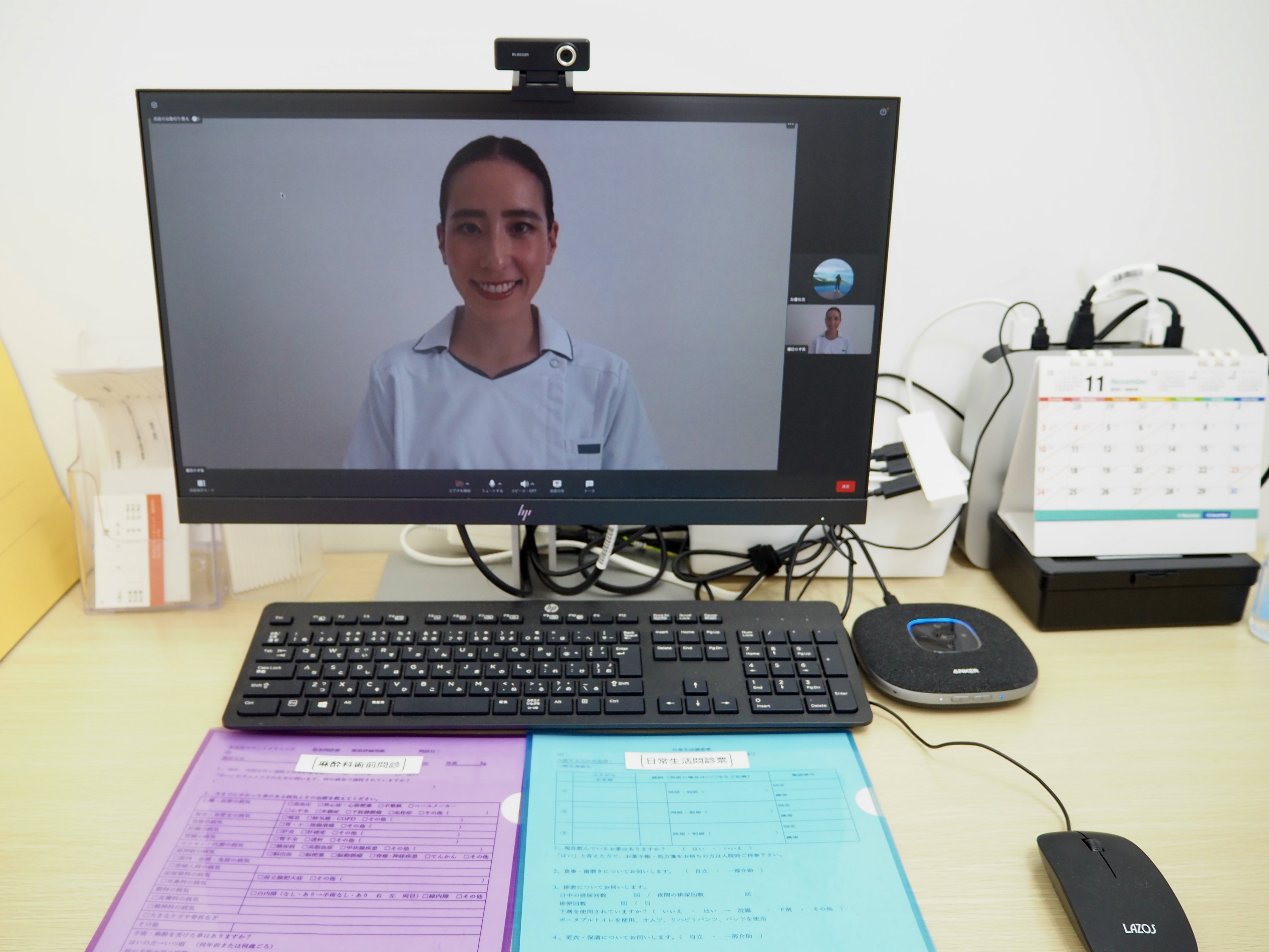ASOURCE®TIMES

多治見スマートクリニック 代表
福田 誠
岐阜県可児市で歯科医院を営む家庭で育つ。2005年愛知医科大学卒業後、整形外科学教室に入局。小牧市民病院、国立病院機構静岡医療センターを経て、2011年より3年間、京都大学iPS細胞研究所で整形外科分野の再生医学研究に従事。2014年から臨床に復帰。主に救急医療の現場で交通外傷などの救命に取り組む。2021年より現職。
超高齢社会が到来し、慢性疾患への対応の需要が一層高まっています。多治見スマートクリニックでは、医療のあり方を再定義するために、新しい観点から医療サービスの提供を行っています。同クリニック代表の福田誠氏が目指す医療のあり方について伺います。
「医療に新しい価値を創造する」ことを目指し、私が多治見スマートクリニックを開院したのは2021年2月のことです。それまで整形外科医として大学病院の救命救急センターで働いていたあるとき、気づいたのです。「自分には達成感があるが、スタッフは忙しい私に巻き込まれて楽しくなさそうだ。自分が追求している医療は周りを不幸にするものなのか」と――。
そこで、医療の価値を見直すことにしました。これまでの医療が追求してきたのは「機能価値」です。これには、診断・検査・治療の質、業務効率を上げるためのオペレーション(仕組みや手順)が含まれます。一方、医療の価値には「感情価値」と呼ばれるものもあります。患者さんは治療や療養を通して何を望んでいるのか、病気から回復した先に何をしたいのかというニーズです。この感情価値を高めることを意識していない医療機関が多いように感じました。
しかし、超高齢社会が到来し、がんや生活習慣病、認知症など慢性疾患が増加する中、以前にも増して感情価値を提供することが重要であり、この価値を高めることこそが、医療の本質であると考えました。この目的を達成するために「医療サービスを通じてゲスト(患者・家族)に繋がりを届けることで社会貢献をする」というミッションを掲げ、私の考えに賛同する仲間とまったく新しい観点で医療サービスの提供を始めたのです。
当クリニックは、スマートフォン機能をイメージして診療コンセプトを作り上げたので、「スマートクリニック」と名付けました。スマートフォンのようにインストールとアンインストールができるプラットフォームの上に診療機能を置いており、そのとき地域から求められる医療を提供することをモットーとしています。開院当初の標榜科は整形外科、消化器内科、糖尿病内科でしたが、ニーズに応じて整形外科、皮膚科、耳鼻咽喉科、在宅医療へと変わっています。
また、医療の働き手の関係性も見直しました。医療が高度化・複雑化する中、チーム医療が不可欠です。働き手の関係性もこの実態に合わせるように、それぞれの職種が自分の役割をしっかりと果たし、お互いにリスペクトし合えるよう、「スタッフ」ではなく「パートナー」と呼んでいます。
一方、患者さんや家族、その周りの方に対しては「ゲスト」と呼んでいます。そして、ゲストには感情価値として「繋がりを届ける」ことを大切にしています。地方でも人との繋がりがどんどん希薄になっています。コミュニケーションの不足により、認知症などさまざまな疾病リスクが高まるため、それを防止することが地域医療への貢献になると考えたからです。例えば、人工関節置換術を受けたゲストを対象にバス遠足を催しています。せっかく歩けるようになったのに、一緒に出かける人がいないという人が多いことから始めました。このような繋がりを届けるのはどの職種にもできることで、自分が価値提供していることを感じられると、パートナー自身のウェルビーイングも向上し、いきいきと働けるようになります。
当クリニックでは医療DXも積極的に取り入れ、業務効率化だけでなく新しい働き方も創出しています。例えば看護師に問診や、医療補助者に電子カルテの代行入力などをサポートしてもらう「オンラインナース」業務に従事するパートナーは現在4名で、仙台、広島、京都、ロサンゼルスの在住です。
オンラインナースの導入は、家庭の事情で現地勤務ができない看護師さんがいたことがきっかけでした。オンライン勤務がうまくいったので募集をしてみると、なんとロサンゼルスからの応募がありました。時差がある海外の場合、日本よりも子育てや家事との両立がしやすいことがわかりました。
このような経験からも「医療は人がすべてである」と実感しています。人件費を抑え、業務を効率化するために医療DXを導入したこともありますが、働きたい人と一緒に働くための便利なツールとして活用することで、自院の診療体制がより進化すると考えています。当クリニックではリクルートを主目的としてSNSにも注力しています。SNS上で自分たちの想いや目的を発信すると、共感したパートナーが応募してきてくれます。
私の素朴な疑問から始まった当クリニックですが、未来の医療のあり方に一石を投じる挑戦をしているとの自負があります。現在、多治見に続き、京都、小牧でも同様のコンセプトを持つスマートクリニックを運営しています。将来的には全国で100施設ほどのフランチャイズ展開を目指しています。私たちが作り上げてきた新しいコンセプトが浸透し、地域医療のあり方、医療者の関係性や働き方がようやく変わっていくのではないかと考えています。

オンラインナースから診察前に約10分の問診を受ける専用ブース。